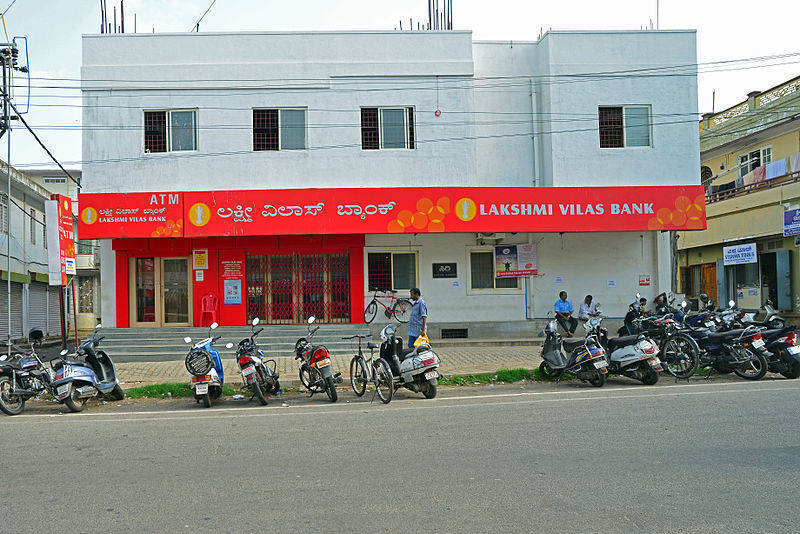
Lakshmi Vilas Bank has been put under a moratorium and may be merged with the local unit of Singapore’s DBS Bank, the Reserve Bank of India said Tuesday as it moved yet again to rescue a troubled private-sector lender.
The government has imposed a moratorium for 30 days on the bank and has restricted withdrawals of more than Rs 25,000, the RBI said in a statement.
The RBI said the action was taken because of the absence of a “credible revival plan” and with a view to protect depositors’ interest as well as in the interest of financial and banking stability.
The RBI also superseded the board of Lakshmi Vilas Bank owing to serious deterioration in its financial position and named TN Manoharan, former non-executive chairman of Canara Bank, as the lender’s administrator.
Lakshmi Vilas Bank is the third bank that the RBI placed under its control over the past year. The regulator had taken control of Punjab and Maharashtra Co-operative Bank after a fraud late last year. In March this year, it placed Yes Bank under a moratorium before preparing a scheme led by State Bank of India and involving several other lenders to rescue the private-sector bank.
The central bank said that Lakshmi Vilas Bank’s financial position has undergone a “steady decline” and it has incurred losses over the last three years, eroding its net worth.
In absence of any viable strategic plan, declining advances and mounting non-performing assets (NPAs), the losses are expected to continue, the RBI said.
The banking regulatory said that continuous withdrawal of deposits, low liquidity, inability to raise adequate capital and “serious” governance issues in recent years led to deterioration in Lakshmi Vilas Bank’s performance.
The bank management had indicated to the RBI that it was in talks with certain investors, but failed to submit any concrete proposal. Its efforts to merge a non-banking financial company with itself appears to have reached a dead end, the RBI said, referring to a non-binding offer made by Clix Capital in October.
The central bank had in October last year rejected a proposal for Lakshmi Vilas Bank to merge with shadow lender Indiabulls Housing Finance Ltd.
In September, the RBI had approved a three-member committee of directors to manage the bank's operations after the shareholders ousted its directors, including the chief executive officer.
The RBI said it gave enough opportunities to the bank’s management to draw up a revival plan, which did not materialise. It has now proposed to merge Lakshmi Vilas Bank with the local unit of Singapore’s DBS Bank.
DBS Bank India has a healthy balance sheet, with strong capital support. As on June 30, 2020, its gross NPAs and net NPAs were low at 2.7% and 0.5% respectively, the RBI said.
Further, DBS Bank’s Capital to Risk Weighted Assets Ratio (CRAR) was comfortable at 15.99%, against the regulatory requirement of 9%, and Common Equity Tier-1 (CET-1) capital at 12.84% was well above the requirement of 5.5%.
The central bank also said that, although DBS Bank India is well capitalised, it will bring in additional capital of Rs 2,500 crore upfront to support credit growth of the merged entity.
The combined balance sheet of DBS Bank would remain healthy after the proposed merger, with CRAR at 12.51% and CET-1 capital at 9.61%, without taking into account the infusion of additional capital, the RBI said.
For DBS, the merger would buoy its local operations and make it the sixth-largest foreign bank in India by total assets, overtaking Bank of America. It would also push it a tad higher as the fifth-largest foreign bank by advances and bring it close to Deutsche Bank in terms of deposits.
Citibank, Standard Chartered, HSBC are the other large foreign banks in the country. (For the latest pecking order of foreign banks in India, click here.)